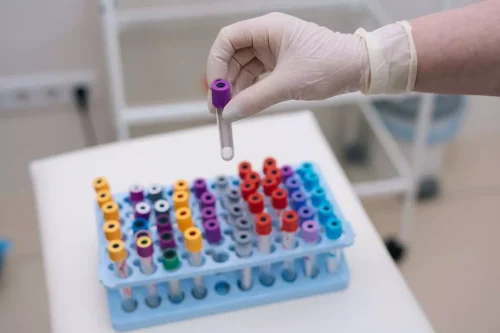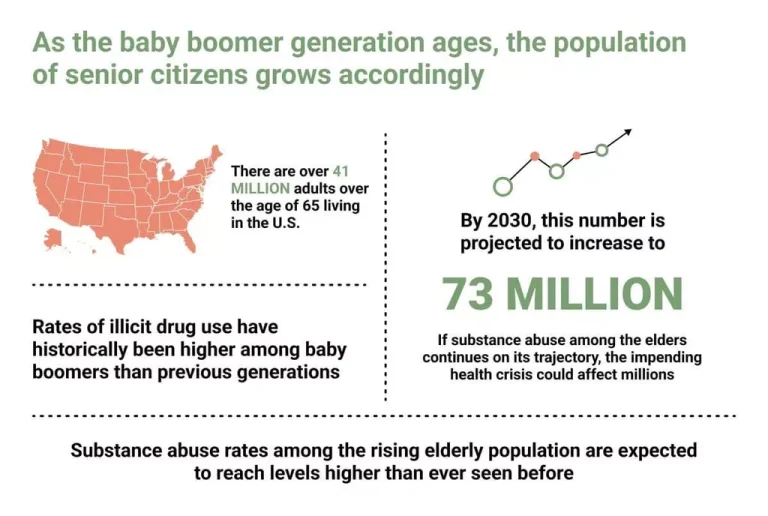
I used the online message boards and chats as there wasn’t a local meeting and the support system there was invaluable. Founded in 1975, Women for Sobriety (WFS) is the first peer-support program tailored specifically for women overcoming substance use disorders (SUDs). With both regional and online meetings, the New Life Program provides supportive, empowering, secular, and life-affirming principles that address the unique needs and challenges of women in recovery. The WFS New Life Program is inclusive of all women, regardless of financial resources, race, religion, abilities, and backgrounds.
Best Exercises for Recovery
- You’ve now got the freedom to hop in the car without a second thought.
- There are common setbacks to getting and staying sober like withdrawal, craving, and pressure to use.
- For more severe addiction issues, healthcare professionals may suggest inpatient care, which requires you to live onsite at the hospital or facility for the duration of treatment.
- This NIAAA guide can help you find a program or approach that’s right for you.
- Along with these benefits, 12-Step programs and other forms of mutual-help groups can increase the likelihood of achieving and maintaining recovery from substance misuse.
Refer to why you quit substance abuse during the difficult times, or even daily if that’s helpful to you. As you go through your sobriety journey, you will have good days and bad days, and setbacks are part of the journey. It’s helpful to remember your “why” and consider writing it down. Be selective about who you spend time with during this transition.

Building a Support Network
- And keep your schedule loose enough that you have time for group meetings and other things that can help you through rough stretches.
- So if all of your friends drink alongside you, then there’s no issue, right?
- Fortunately, sobriety allows you to repair and improve some of your most important relationships.
- One study from Substance Abuse showed that women struggling with alcohol misuse and depression, who participated in interpersonal therapy, were able to give up alcohol and maintain sobriety longer than those who didn’t.
- Many aspects of some cultures revolve around alcohol — networking events, date nights, celebratory champagne toasts — so it isn’t always easy to avoid alcohol entirely.
You may again seek out the people and situations that support your alcohol use. Some people who move from a controlled and protective setting find themselves awash in the environmental cues that lead to their drinking. Any information published on this website or by this brand is not intended as a substitute for medical advice, and you should not take any action before consulting with a healthcare professional.
- “People who replace alcohol with marijuana are more likely to eventually start drinking again, compared to people who give up drinking and don’t use marijuana,” he says.
- You have more choice and control in your life than you’ve been told.
- The life I had before I quit drinking was a lot like Groundhog Day; I was always waiting for it to begin and always reliving the same stuff, day after day, year after year.
- Regarding physical health, alcohol and drug abuse can wreak havoc on your physical health.
- To rebuild relationships, it’s crucial to communicate openly and honestly.
- In fact, the selfish behaviors that often come with addiction often break the relationships that you have with others.
- To mark the honor, she sat down for an interview with People in which she detailed her history of addiction and how she became sober at 32.
Three Key Health Benefits of Quitting Alcohol

If you are invited to a bar or restaurant for a social gathering and want to take this approach to being sober curious, try to only attend events at places where alcohol isn’t the main focus. “Most people find more power in themselves as they grow confident handling stress, sleep, and social situations without relying on alcohol,” he says. The sober curious movement has gained steam recently, such as with the rise of interest in “Dry January” — a time when participants decide to not drink for the month of January. Having a supportive work environment can make a significant difference in managing sobriety. It’s also crucial to prioritize self-care and set boundaries to avoid burnout.

With all this newfound time, you can change your life for the better. Though sobriety usually feels impossible for people before they try, seeking treatment and ending substance use is life-changing for those who set themselves up to succeed. The first step is to commit to a reputable addiction treatment program.

You may also need to change your route to work or home in order to avoid any triggers, or people, places, or things that make you want to use drugs or drink again. Some of the immediate changes you will need to make will be obvious—like not hanging around the people that you used with or obtained drugs from. After all, you can’t hang around your drug dealer or old drinking buddies and expect to remain sober for very long. Post-acute withdrawal syndrome (PAWS) involves withdrawal symptoms that persist past the detox period. Such symptoms are often related to mood and may include irritability, anxiety, depression, sleep problems, and fatigue. The more tools you have for identifying triggers, coping with stress, and managing your new sober life, the easier you’ll prevent relapse.
Managing Cravings and Withdrawal Symptoms
- One of the most influential things is to surround yourself with positive influences and supportive people.
- You can think more clearly and are better equipped to use good judgment during sobriety.
- The world is so much bigger when you’re sober, and you feel emboldened to grab your slice of it.
- It’s about developing healthy coping mechanisms and learning how to deal with life’s challenges without turning to substances.
When your entire social life has revolved around getting wasted, it’s normal to feel like there’s nothing to do. Chronically abusing substances has many more negative effects on human health. https://ecosoberhouse.com/ For example, chronic abuse of substances can cause you to either lose or gain an unhealthily large amount of weight. Therefore, when you become sober, your weight will likely stabilize itself.

